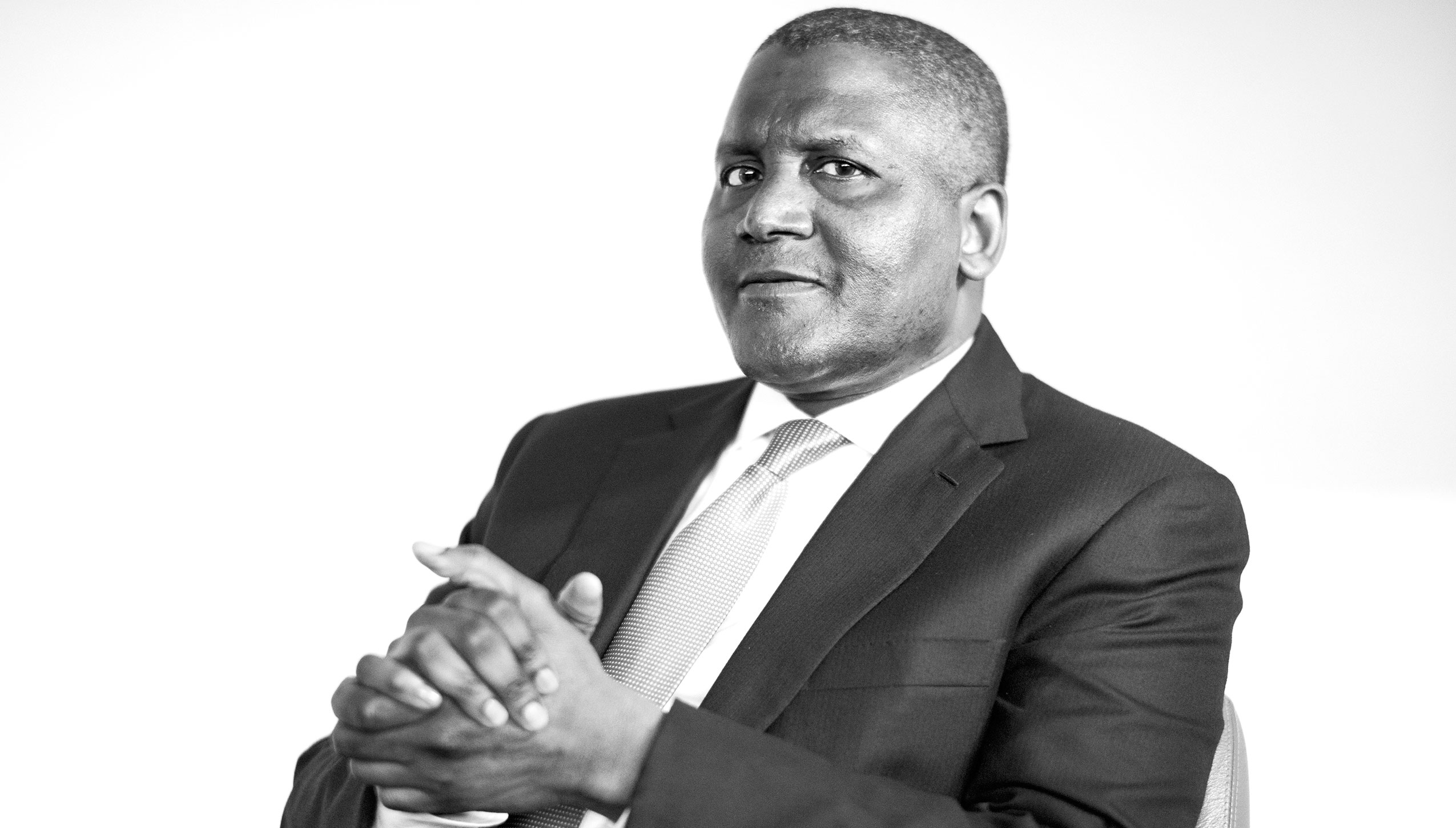
When it comes to the image of a billionaire, the stereotypical depiction projected is that of a western man. However, billionaires arise from all sorts of backgrounds and regions. And not all aspire to own luxurious yachts, supercars, or sport an extravagant lifestyle. Aliko Dangote, the world’s richest African man for 11 consecutive years, is the CEO of Dangote Group. From a young age, he possessed an entrepreneurial attitude which has served him well. He began amassing his wealth through his investments in several African countries. Dangote is a prime example of becoming successful through sheer grit, being adaptable, and giving back—all factors which make him an exemplary figure for us to learn from.
How Dangote amassed his wealth was through his determination from youth. Born in 1957 and raised in Nigeria, as a child, he would buy sugar boxes and sell them for a profit. He explained it was from this experience that imbued in him a natural interest in business. After graduating from Cairo’s Al-Azhar University, he returned to Nigeria to work for his uncle who eventually offered him the financing needed to launch his own company. In 1977, he started a small trading firm called The Dangote Group. His businesses included cement manufacturing, food processing, and freight transportation. Building off his youth, the Dangote Group today is also the largest controller of the sugar market in Nigeria and the biggest supplier of sugar to soft drink companies, confectioners, and breweries. As Dangote grew older, he launched several other enterprises, leading him to become an industrial conglomerate. His peers in business often have stated that Dangote possesses exceptional business abilities and can see opportunities where others can’t.
What we can also learn from Dangote is how to be flexible to achieve success. He has collaborated with a number of Nigerian administrations, including opposition and ruling parties. He has also backed Nigeria’s current president, Muhammadu Buhari, and has had good relations with every president for the past several decades. But he himself has stated that he has no desire to become a politician. Dangote doesn’t let opportunities pass by. This is one of the qualities that have made him Africa’s most successful businessman. In April 2013, he announced plans to invest $8 billion in building an oil refinery with a capacity for around 100,000 barrels a day by late 2016. Of that amount, he revealed at the World Economic Forum on Africa that he had raised $4.5 to build the refinery, securing loans from a consortium of banks. His ability to network with a wide spectrum of individuals and institutions is what enables Dangote to succeed.
Dangote has contributed a large portion of his wealth to a variety of charitable organizations and causes. He contributed to the Nigerian Ebola battle and has provided assistance to people living in IDP camps. Dangote is also well-known for his support of Nigerian youth, particularly in the music industry—he has even attended the album launches of several of his artists. Dangote himself has stated, “If you don’t think large, you can’t develop.” He believes that the ability to create is something that our current generation lacks. In this age of the Internet and new technologies, his advice is to utilize our imagination to develop ideas and projects that will benefit the community—to, in essence, think outside-the-box and establish trends. He believes that if you are creative, even if you lack resources, you can foresee market trends and offer something worthwhile to invest in.
For example, in 1990, Dangote requested that the Nigerian Central Bank enable his transport firm to manage the country’s fleet of cars. Not only was it difficult at that time, but it also required risk and investments. His decision ultimately resulted in success and his initiative paid off. Dangote also believes that education can be the basis for everything. He points out that most young people are anxious to complete their studies and start a business, oblivious to the fact that they must learn how to run a firm and deal with human resources. Management is about more than simply assets; it’s about having the necessary abilities to stand in front of your team and tell them something that is worthy of their respect. People will step back if you have nothing to teach them. He has stated that “education is the pillar” to future success.
Why Dangote is successful is not only because of his ambitions, but also because of his flexibility and desire to contribute back to his continent. These are all lessons we can instill in ourselves to become successful—whether our goal is to become a billionaire or to leave a lasting impact that can benefit others.


